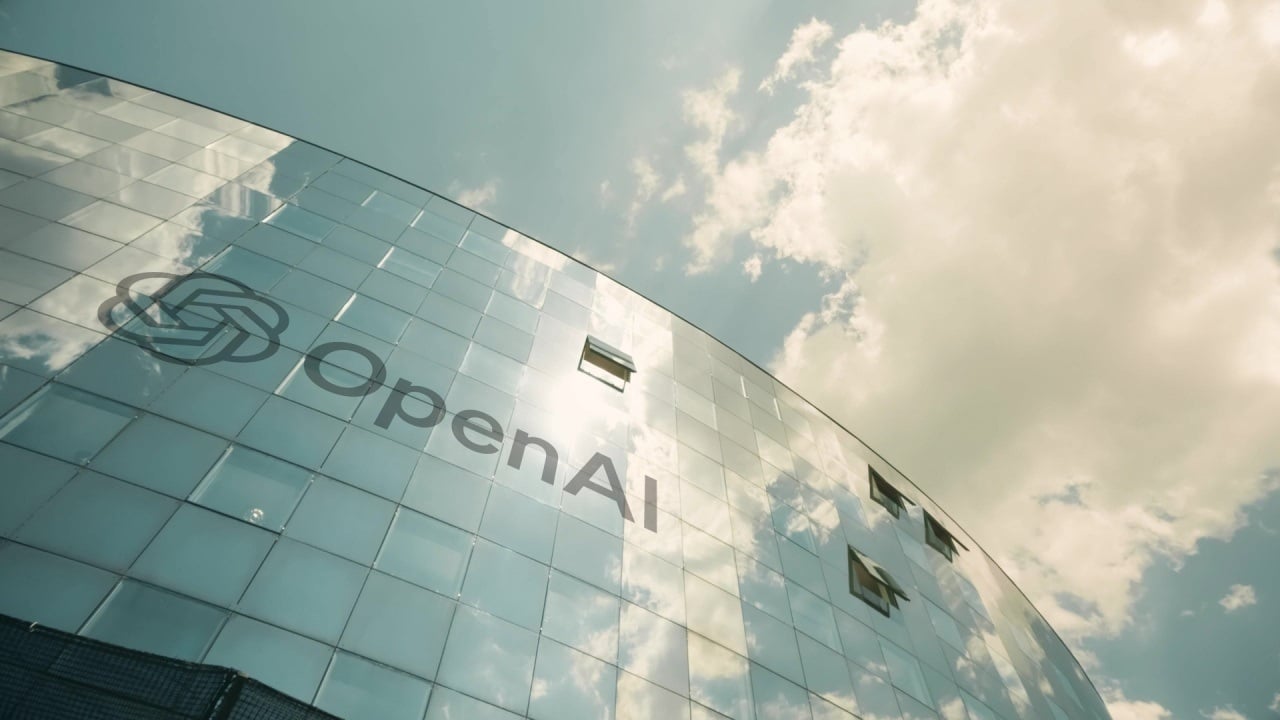The recent clash between OpenAI and Robinhood over tokenized stocks has sparked a heated debate in the financial world, highlighting the complexities and controversies surrounding this emerging asset class. At the heart of the dispute is Robinhood’s decision to offer tokenized stocks linked to private companies like OpenAI and SpaceX, which OpenAI has vehemently denied endorsing. This conflict raises important questions about the nature of tokenized equities, their potential benefits and risks, and the ethical considerations surrounding their introduction to the market.
Robinhood’s move to tokenize stocks is part of a broader trend aimed at democratizing access to private markets, which have traditionally been the preserve of institutional investors and high-net-worth individuals. By tokenizing shares, Robinhood enables retail investors to own fractionalized pieces of private companies, such as OpenAI, without meeting the stringent requirements typically associated with private equity investment. Vlad Tenev, Robinhood’s CEO, has defended the initiative, arguing that while the tokens may not represent direct equity, they provide retail investors with exposure to these private assets through Robinhood’s ownership stake in a Special Purpose Vehicle (SPV) that holds the underlying assets. The tokens, therefore, function as derivative instruments linked to the SPV’s performance rather than direct ownership of the companies’ shares.
However, critics argue that this indirect exposure comes with significant drawbacks. Tokenized stocks, especially those wrapped multiple times, can fragment liquidity and introduce additional layers of complexity. The lack of direct ownership raises questions about shareholder rights and the extent to which token holders benefit from the company’s success. Are they merely speculating on the perceived value of the company, or do they have a legitimate stake in its future? These concerns underscore the need for greater transparency and clarity in the tokenized stock market.
OpenAI’s swift and public disavowal of Robinhood’s tokenized stock offering highlights the company’s desire to maintain control over its equity and protect its brand image. OpenAI issued a statement emphasizing that it had not partnered with Robinhood nor approved any transfer of its equity, warning investors to exercise caution. Elon Musk, a co-founder of OpenAI, further fueled the debate by labeling the tokenized shares as “fake.” OpenAI’s stance can be interpreted as a defense of its equity structure and a desire to prevent third parties from creating derivative instruments based on its equity without its consent. This approach may be seen as restrictive by some, but it reflects OpenAI’s cautious approach to innovation in the financial markets.
The core of the controversy lies in the specific structure of Robinhood’s tokenized stock offering. The tokens do not represent direct ownership of OpenAI or SpaceX shares but are derivative instruments linked to an SPV that holds the underlying assets. This structure introduces several complexities and potential risks, including a lack of transparency, counterparty risk, regulatory uncertainty, and liquidity concerns. Investors need to carefully consider these risks before investing in tokenized stocks and understand that they are not the same as owning actual shares in a company. The SPV’s holdings and operations may not be fully transparent to token holders, making it difficult to assess the true value of the tokens. Additionally, token holders are exposed to the risk that Robinhood or the SPV may default on their obligations, potentially resulting in losses for investors.
The clash between OpenAI and Robinhood has drawn attention from regulators, who are increasingly focused on the potential risks and benefits of tokenized assets. The lack of clear regulatory guidelines for tokenized stocks creates uncertainty for both issuers and investors. Regulators are grappling with questions such as how tokenized stocks should be classified under existing securities laws, what disclosure requirements should apply to tokenized stock offerings, and how investors can be protected from fraud and manipulation in the tokenized stock market. The answers to these questions will have a significant impact on the future of tokenized stocks. If regulators adopt a strict approach, it could stifle innovation and limit the growth of the market. On the other hand, if regulators fail to provide adequate oversight, it could lead to increased risks for investors and undermine confidence in the tokenized asset market.
The OpenAI-Robinhood controversy highlights the complex and evolving nature of tokenized assets. While the promise of democratized access to private markets is appealing, it is crucial to understand the risks and limitations of tokenized stocks. Investors should not assume that these tokens are equivalent to owning actual shares in a company and should carefully consider the underlying structure, regulatory environment, and potential risks before investing. For companies like OpenAI, the decision of whether to embrace or reject tokenization is a strategic one. While tokenization could potentially unlock new sources of capital and broaden its investor base, it also raises concerns about control, reputation, and regulatory compliance. OpenAI’s decision to distance itself from Robinhood’s offering reflects its cautious approach to this emerging technology.
Ultimately, the future of tokenized stocks will depend on the ability of regulators, issuers, and platforms to address the risks and build a transparent and trustworthy market. Only then can tokenization truly deliver on its promise of democratizing access to investment opportunities and creating a more inclusive financial system. The battle between innovation and regulation continues, and the outcome will shape the future of finance for years to come. The OpenAI-Robinhood spat serves as a cautionary tale, reminding us that the path to financial innovation is fraught with challenges and requires careful navigation.











